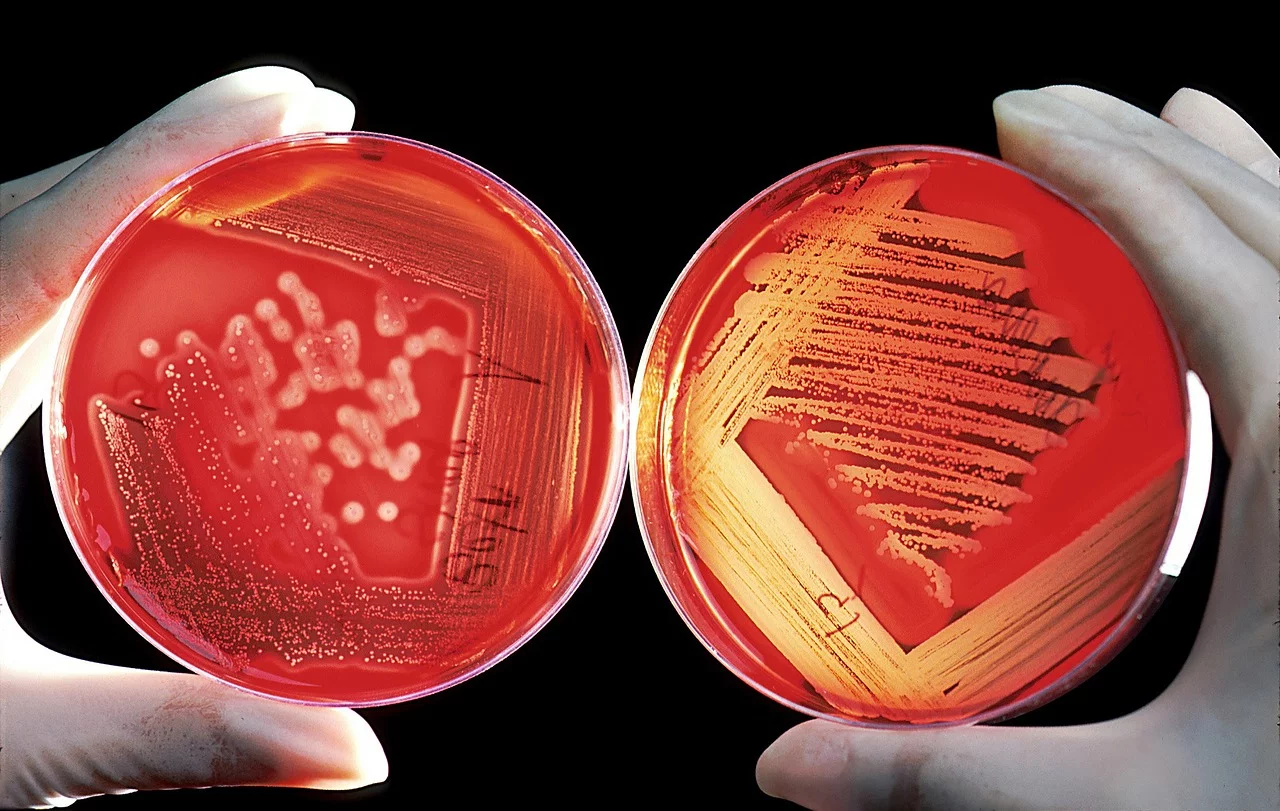COVID-19 is stronger than we thought, and it will be very difficult to develop a cure for him. The new coronavirus is not going anywhere, at least not in the near future: according to a study conducted by the Hebrew University of Jerusalem

The new Coronavirus is not going anywhere, at least not in the near future: according to a study conducted by the Hebrew University of Jerusalem on the structure of the new coronavirus. The study reveals that there is no certainty that drugs effective against one virus from the Corona family (there are seven such as SARS and MERS) can work against members of the same group.
According to the researcher, each having a different “attack capability” to bind to human receptors. The mode of attachment varies from virus to virus.
The study led by Michal Linial, a Professor of Biological Chemistry and the Director of The Sudarsky Center for Computational Biology at The Hebrew University, in the participant of faculty member Dina Schneidman and Esther Braille, a postdoctoral intern at the Hebrew University.
The researchers say that the new coronavirus, COVID-19, and the SARS virus are very similar in structure to 72.8 percent, so they tested their way of connecting with the unique crown-like spikes protruding from their surfaces for the human ACE2 receptor.
ACE2 has previously been identified as an essential receptor that mediates SARS virus in human cells, with extensive-expression in almost all human tissues, especially in the lungs.
“The new coronavirus binds to the human cell stronger than its predecessors”
The SARS virus, according to findings, binds to the human receptor in a springy and flexible manner and its relationship to the receptor is often loose and not strong, at points described in the article as “hot spots.” Therefore, it is relatively easy to manufacture drugs to break the same connections.
The new coronavirus optimally connects to more “hot spots” on the surface of the human cell. “The COVID-19 has 52 strong connections compared to 28 such ones in SARS-2002,” the researchers say.
Because of these connections, it will be difficult to separate COVID-19 easily from human cells. At the medical level that means that researchers will find it difficult to develop a drug that can sever all the number of connections, the virus has been made.
In addition, the researchers speculate that the new Coronavirus will probably be part of our daily routine for many more years. “Once a vaccine is found, there will be those who will be vaccinated and protected from the disease, and those who do not vaccinate will continue to spread it,” Prof. Linial said. “I guess in the future, as we understand the ongoing learning process of the virus by our immune system, we have attributed children to school or other protocols to fit our new ‘friend.’”
“Unlike SARS and the MERS that disappeared with the same rapid and sudden appearance, SARS in 2004 and MERS in 2018, we will have to live with the news that the new Coronavirus will not go anywhere. There are many types of viruses that live among us. For the reality we live in, we need to find a way to make peace with our enemies,” she concludes.
Read more about: Coronavirus, Coronavirus Vaccine, the Hebrew University, Vaccine



